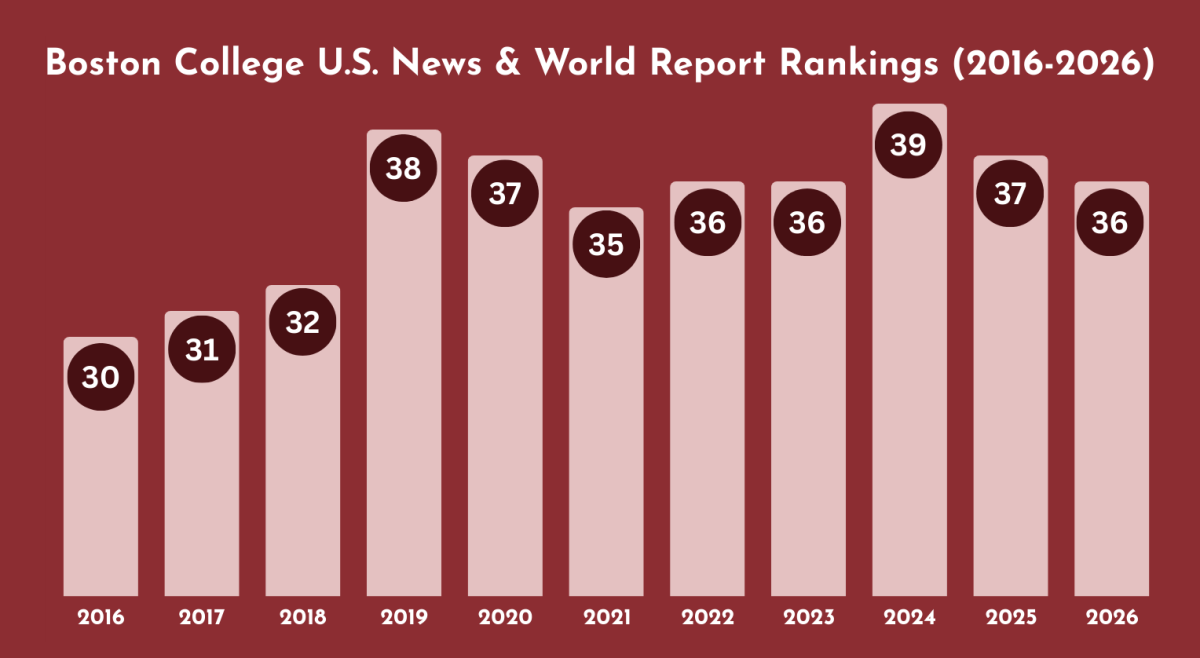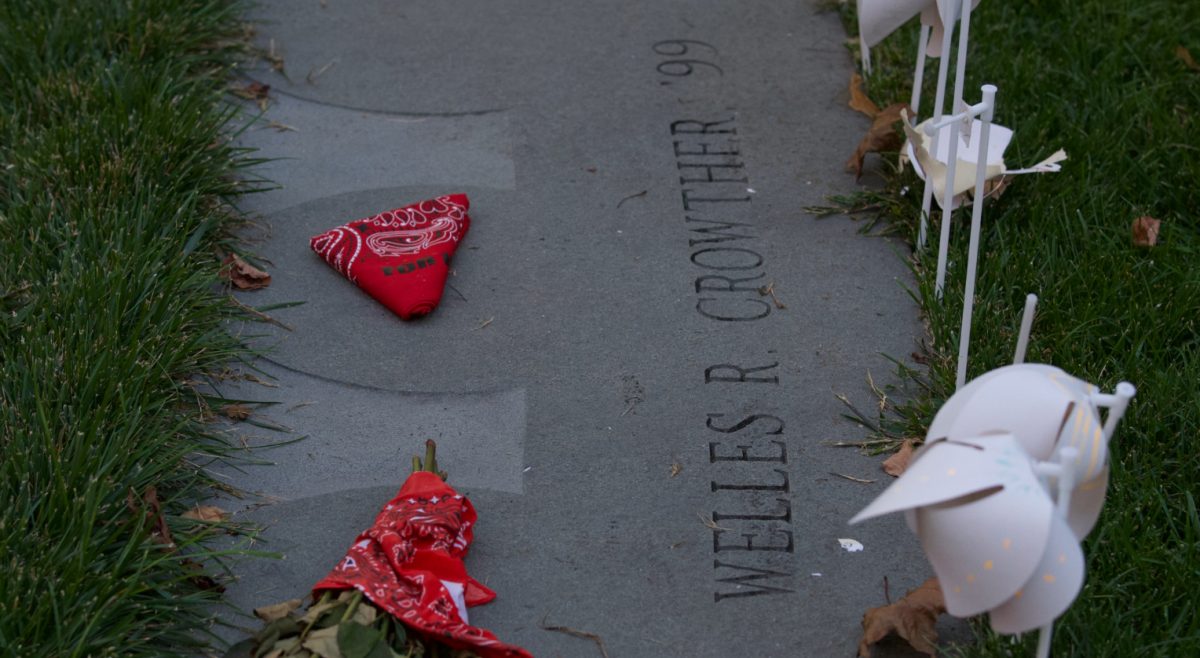Last year’s wildly popular Call of Duty: Modern Warfare 2 was met with intense criticism for the inclusion of the “No Russian” level, in which the player joined a group of Russian terrorists to massacre civilians at an airport. During the opening scene of the level, the player is told to “follow Makarov’s [the head of the terrorist organization] lead.”
When the level loads, Makarov and the other terrorists slaughter the civilians with their high powered weaponry. International outcry led Infinity Ward, the game’s developer, to censor this content for releases in many nations.
These versions had portions or even all of the level removed, obscuring the plot of the game for players in these countries. Many chose to import the U.S. version.
In what seems to be emerging as an autumn tradition, this year’s video game controversy involves the reboot of the Medal of Honor series. The game first garnered national attention when the game’s developers, Danger Close Games, announced that the video game would be set during the War in Afghanistan instead of World War II, which has been a staple for the Medal of Honor franchise and the industry as a whole. The controversy really ignited, however, when it was further revealed that players would be able to take control of Taliban forces in online multiplayer games.
Criticism came quickly from the media. Fox News conducted an interview with Karen Meredith, who lost her son in Iraq. “I just don’t see that a video game based on a current war makes any sense at all, it’s disrespectful,” she said.
Far from disrespectful, Danger Close Games took pains to treat the topic with all due gravity. The studio worked closely with Tier 1 Military Consultants, special forces operators in Afghanistan, to ensure the game was aligned with actual experiences abroad. “From the games out there … nothing simulates being on a real op. Medal of Honor is going to be different,” a Tier 1 consultant states in a trailer for the game. The goal was not to idealize the war, as many opponents claim. Rather, the studio aimed to “put players in the boots of today’s soldiers,” according to Amanda Taggart, a senior PR manager for the game.
Furthermore, Meredith’s emotional outcry omits an important detail: the Taliban is only playable during the multiplayer portion of the game. Such matches are designed with competition, and not storytelling, in mind. Video games have been portraying players as Nazis for years in competitive multiplayer modes without incident. Seth Schiesel of The New York Times points out that the ever-popular Counterstrike has had players assuming control of generic terrorists since 2000. He writes, “The actual identities of the combatants are no more meaningful than the choice of black and white in a chess game.”
The rationale for the inclusion of the Taliban is complex. The developers were probably motivated by a desire to distinguish their product from competing offerings, like the aforementioned Call of Duty: Modern Warfare 2. The best way to do so, they reasoned, was to push the envelope of what was socially acceptable. It’s a tactic that has succeeded in the past. Nine years ago, Mortal Kombat became immensely popular in arcades across America because it featured graphic depictions of violence. Modern Warfare 2 sold 4.7 million units in the first 24 hours despite, or perhaps because of, “No Russian.”
That is not to say that the developers were only motivated by profit, either. Though Danger Close Games was not trying to “educate” anyone in the traditional sense, the inclusion of the Taliban was intended as a springboard for discussion: What were our motivations for the war? What are its consequences? How is the war perceived by those in Afghanistan? Most importantly, it places the player in the uncomfortable position of being a member of the forces that defy the U.S. Often, it is easy to demonize our enemies in wartime. Take the Japanese internment camps during WWII or the anti-Muslim backlash after Sept. 11, for example. Medal of Honor offers a unique opportunity to see our enemies in a new light, as human beings who happen to fall on the other side of the ideological line. As Jeff Brown, a spokesman for the game, told reporters, “I guess this is the same reaction that readers had when they opened All Quiet on the Western Front and read about a squad of German infantrymen in World War I.”
The game’s publisher, Electronic Arts, recently stated that the Taliban had been removed from the online multiplayer, replaced by the generic “Opposing Forces.” What has changed? Effectively, all it has accomplished is to rob the game of a thought-provoking, creative statement.






